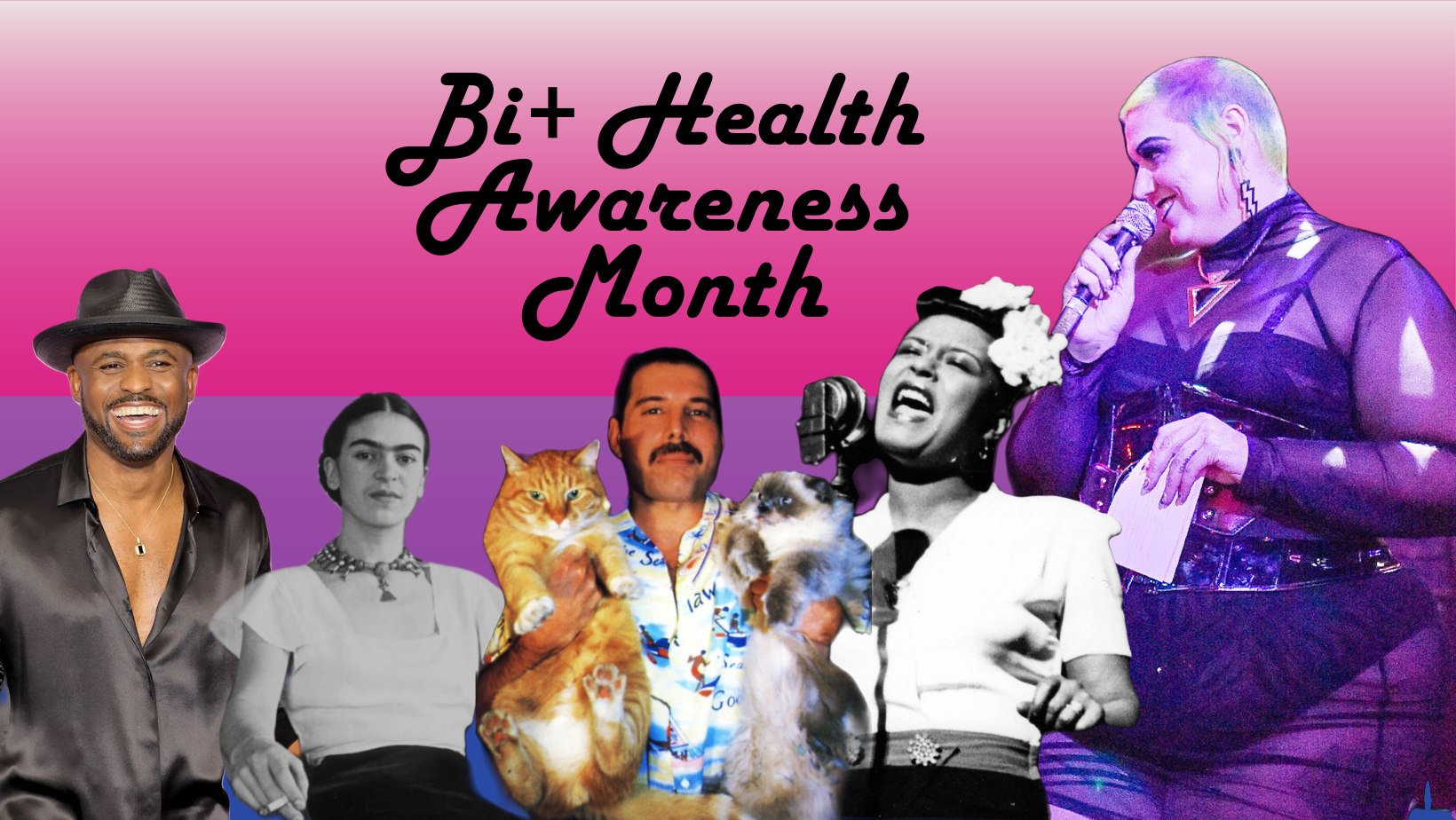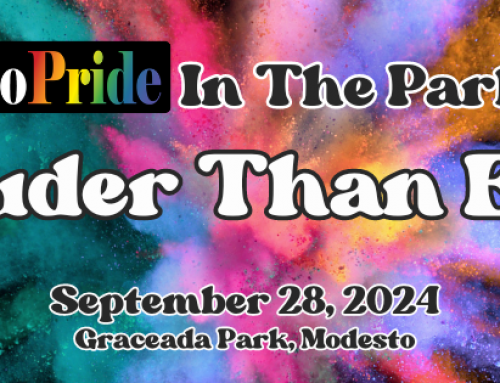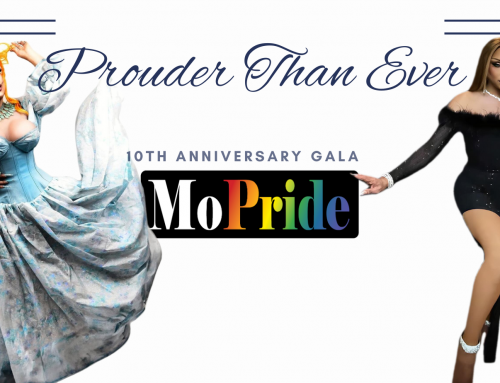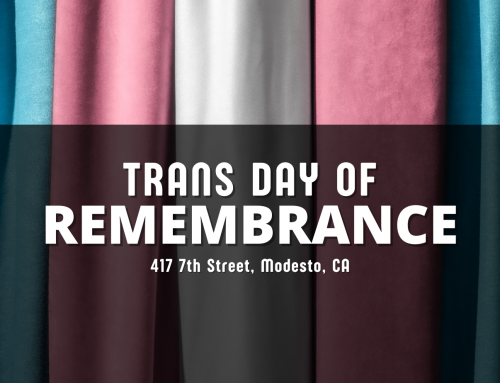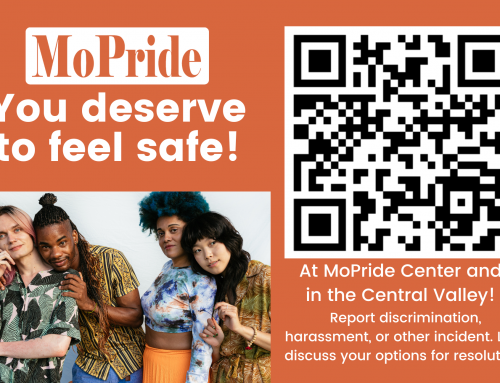
While our community is learning about and supporting LGBTQ+ individuals, there is a significant majority of the LGBTQ+ community that is too often overlooked. March is Bi+ Health Awareness Month, an opportunity to learn about health disparities and build support for our Bi+ community.
What does “Bi+” mean? The term Bisexual in its current understanding gained popularity in the late 1970’s. Award-winning activist Robyn Ochs wrote, “I call myself bisexual because I acknowledge that I have in myself the potential to be attracted – romantically and/or sexually – to people of more than one sex and/or gender, not necessarily at the same time, not necessarily in the same way, and not necessarily to the same degree.”
In recent decades, as the LGBTQ+ community has been expanding gender and sexual identities, Bi+ has grown to include all sexualities that experience attraction to more than one gender. The Bi+ community often faces Bi+ erasure which is the tendency to ignore, remove, or falsify the Bi+ experience in history, academia, and mainstream media.
“Being in a hetero presenting relationship takes away from my queerness. But just like the autism spectrum, queerness is a spectrum too,” states Bettie Mercury (she/they). Born and raised in Modesto, Bettie knew they were attracted to multiple genders when attending Modesto City Schools. G.S.A. clubs were new in the area and Bettie knew her queer identity would not be accepted. Today Bettie heads The Glitter Coven, an inclusive cabaret and winner of Best of 209. She hopes her visibility ”allows people that I know and love to be their authentic selves. Do what they want. Wear what they want. Love who they love.”

What disparities do we see in the Bi+ community? Bi+ adults have higher rates of cancer, heart disease, and HIV. While only 10% – 13% of Lesbian or Gay adults choose not to disclose their sexual orientation to any medical provider, 33% – 39% of Bi+ adults choose not to disclose their sexual orientation. Nearly half of the Bi+ adults surveyed had experienced biphobia when seeking medical care.
Numerous studies have found that the Bi+ community faces negative stereotypes from heterosexual, gay and lesbian individuals. “Bisexuals are confused” or “Bisexuals are promiscuous” are common statements that have delegitimized the Bi+ community. Studies show that Bi+ adults engage in more self-harming behaviors and attempt suicide at higher rates than heterosexuals, lesbians or gay men.
“MoPride was my first introduction to the LGBTQ+ community” stated Bettie Mercury as they shared the targeted hate they fear living and raising a family in the area. At age 38, Bettie reflected “I was not able to live authentically until now. It’s liberating. And it shouldn’t be a novelty.”
Bi+ community also finds itself in the cross-section of marginalized identities. Half of transgender, nonbinary, and gender-diverse individuals and more than 40% of LGBTQ+ people of color identify as a member of the Bi+ community. Diverse Bi+ individuals including Wayne Brady, Frida Kalho, Billie Holiday, and many more have made our modern world a more colorful, joyful, and honest place for everyone. The Bi+ community includes individuals at the intersection of racism, transphobia, and biphobia.
Take action! Let’s look at small steps we can take to be mindful of our Bi+ community and make our environments welcoming to those who need support.
- Increase Visibility: Use a Bi+ person as an example of the LGBTQ+ community. Share statistics of health disparities faced by the Bi+ community.
- Inclusive Practices: Review your intake forms and other documents that include an individual’s gender or sexual orientation to ensure they include diverse identities or space for individuals to write their identities.
- Active Ally: Speak up when you see or hear biphobic statements or jokes made at the expense of the Bi+ community. Call in those in your circle who repeatedly say biphobic comments and explain how those comments can lead to disparities.
- Advocate: Volunteer or donate to local organizations creating Bi+ awareness. Connect funding with organizations that support the Bi+ community. Request better and more inclusive research about Bi+ health disparities that can lead to real-world solutions and programs that will lead to a better future for all.
If you identify as Bi+, when in a safe space, be “out” and correct assumptions that you only have relationships with one gender. Learn to advocate for your health and do not put off care. If you need help, organizations like MoPride can help.
Veronica Ambrose (She/Her/They/Them), MoPride Community Organizer


